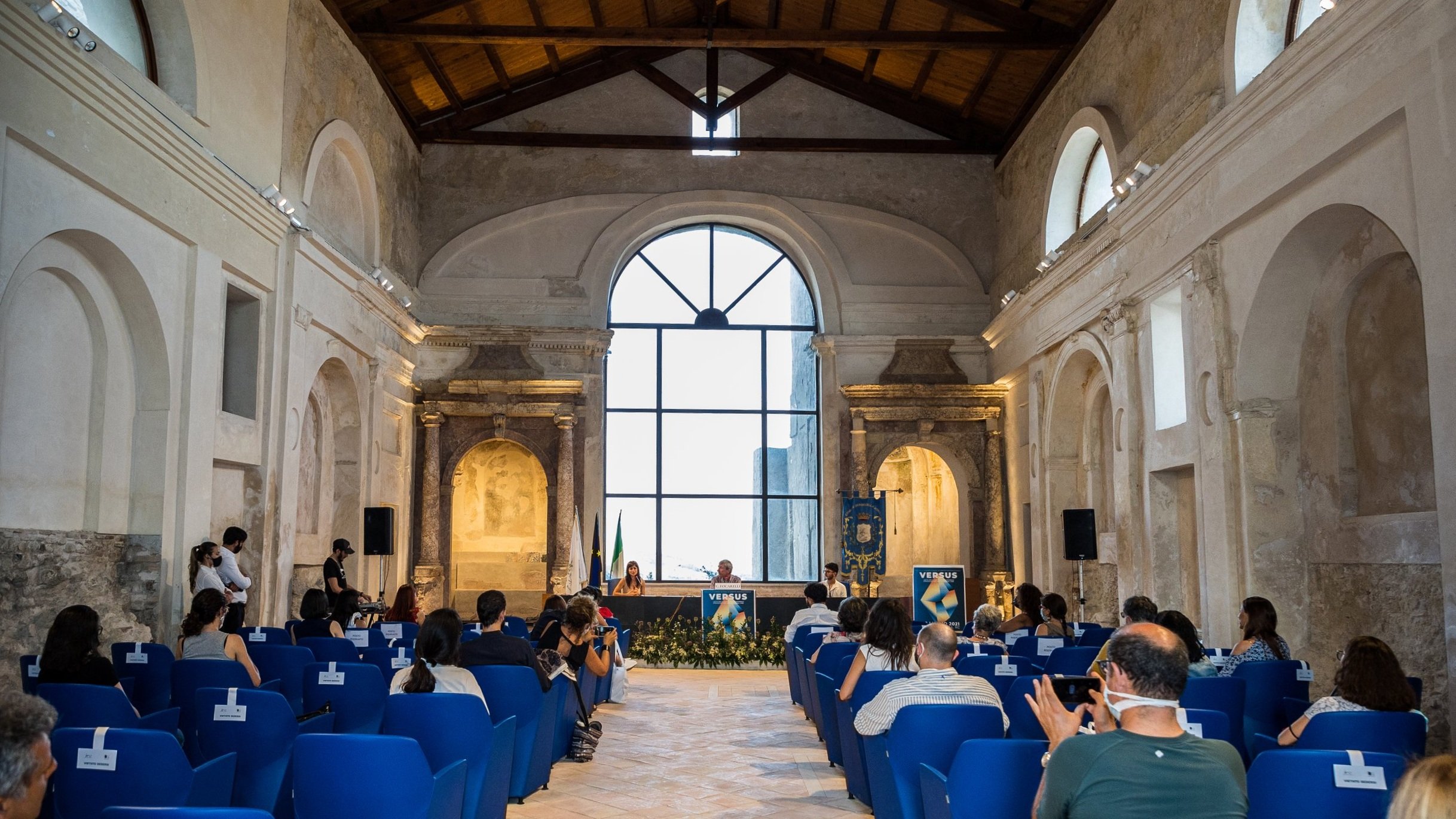
PROGRAMME
16 JULY 2025
Workshops
Ex Convento dei Minimi di San Francesco da Paola
08:30 - 09:00
Registration
09:00 - 11:00
Workshop 1
International Humanitarian Law
-
Associate Professor in International Law, University of Molise
11:30 - 13:30
Workshop 2
Law and Technology
-
Assistant Professor of International Law, University of Palermo
17:00 - 19:00
Workshop 3
Sexual and Reproductive Rights
-
Lecturer in Law, Birmingham City University
17 JULY 2025
Keynotes
Chiesa Matrice, Palazzo Carafa
09:00 - 09:30
Registration
Morning keynote
This session will be held in Italian, with simultaneous translation into English.
9:30 - 12:30
-
Former Judge and Vice President of the International Criminal Court (2009-2019)
Discussant
-
Professor of International Law, University of Palermo
Chair
-
Professor of International Law, University of Ferrara
16:30 - 17:00
Registration
Afternoon keynote
This session will be held in English, with simultaneous translation into Italian.
17:00 - 19:30
-
Former Chief Prosecutor of the International Criminal Court (2012-2021)
Discussant
-
Professor of International Law, University of Firenze
Chair
-
Lecturer in Law, Birmingham City University









